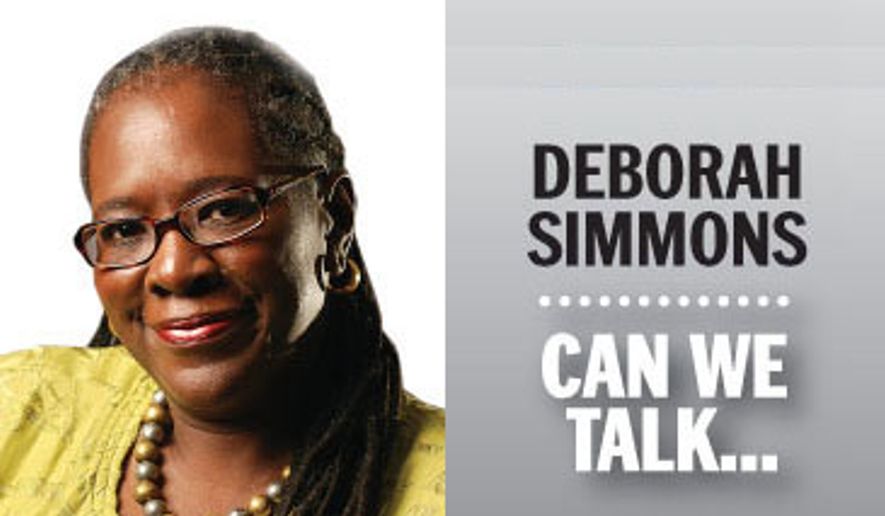It’s not always clear whether Arne Duncan is pitching his own educational proposals, tooting union horns or being a political hack for President Obama. Perhaps he’s a contrivance of all three.
Whatever the case may be, rest assured the Obama administration and Congress are not going to see eye to eye on school reform in the coming weeks.
Congress and the White House have not been on the same page regarding school reform in a long time — since 2001, when the No Child Left Behind Act (NCLB) passed a bipartisan Congress.
What NCLB did was set a precedent for federalizing public education without U.S. Constitution authority. It also forced school districts to focus more on student testing than classroom teachers, and kicked arts, music and physical education to the curb. And the plan to make all students proficient readers by a certain date was overly ambitious. Obstetricians have a better formula for predicting the birthdate of a full-term baby.
Enough about the past, however. It is time to look forward.
Enter Mr. Duncan and Sen. Lamar Alexander, the Tennessee Republican who served as George H.W. Bush’s education chief in the early 1990s. Mr. Duncan said Monday in a speech at a D.C. school that he wants to move education reform forward by maintaining standardized tests in grades three through eight and in high school.
Now recall that under NCLB, standardized testing was supposed to be the way to hold schools accountable and that a tiered system was developed as a measuring stick. Problem was the stick measured student performance but failed to hold accountable the very teachers who didn’t meet the bar with those underachieving students.
The teachers unions know that.
Civil rights groups know it too. Indeed, nearly 20 such organizations were signatories of the Shared Civil Rights Principles for the Reauthorization of the Elementary and Secondary Education Act. The civil rights groups essentially urge the federal government to oversee what instruments a school janitor uses to scrub chewing gum from the underside of a classroom desk and mandate that a schoolhouse in Virginia not be permitted to purchase more toilet paper than Mr. Duncan’s home district of Chicago.
See, standardized tests are not the problem in and of themselves. Student testing is good. Indeed, it is one of the best measuring sticks to determine whether a child in any grade has learned and retained knowledge.
The problem is that classroom teachers are not similarly measured.
So it’s not the test, stupid.
It’s the black eye that NCLB has left on education reform.
For certain, one of the most important offshoots of NCLB was the boost it gave to school choice, allowing parents of children in failed schools to opt out of their underachieving neighborhood schools or the entire public school district if they so chose. Publicly financed vouchers are a huge plus as well.
When Congress began discussing George W. Bush’s NCLB, public charter schools had an enrollment of 300,000 students. The National Alliance for Public Charter Schools reported last February that public charters had more that 2.5 million students across the country.
Thank you, NCLB.
Still, it’s the Congress-Republican-conservative plan that most worries. Will the 2015 plan pull away from federalization, or will it give another black eye to education reform by funding the Obama-Duncan-union plan?
In addition to K-12 education, the Obama administration wants to give away “free” college education. But you know, nothing is “free.” As you know, if it sounds too good to be true, it’s a falsehood.
Those youngsters who were in school when bipartisan support pushed NCLB into the history books are now out of the public school system but not off the public dime.
Is that what we want?
American society at large cannot afford it.
• Deborah Simmons can be reached at dsimmons@washingtontimes.com.
• Deborah Simmons can be reached at dsimmons@washingtontimes.com.




Please read our comment policy before commenting.